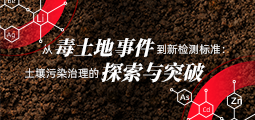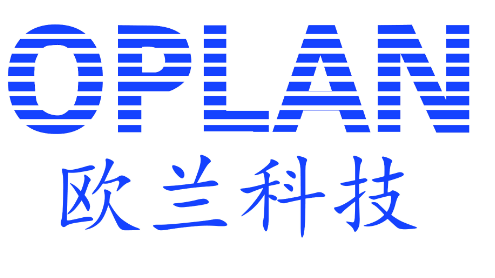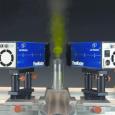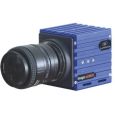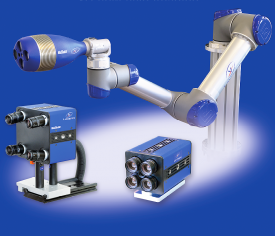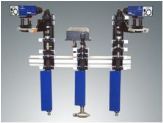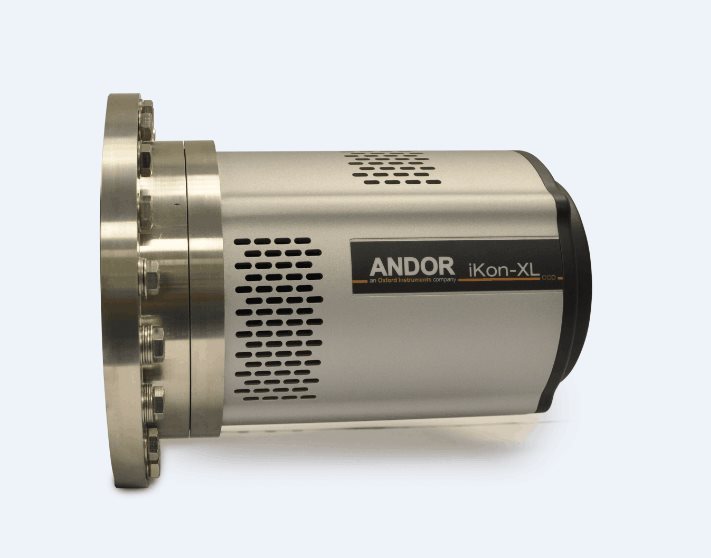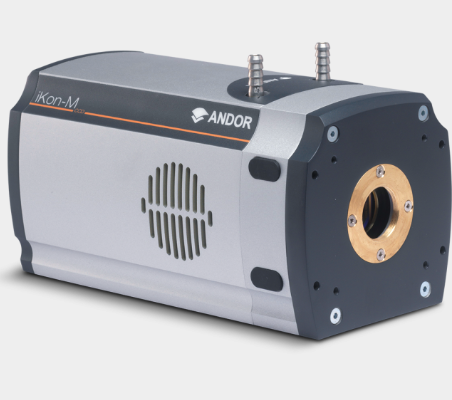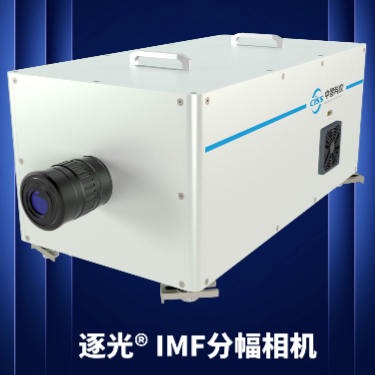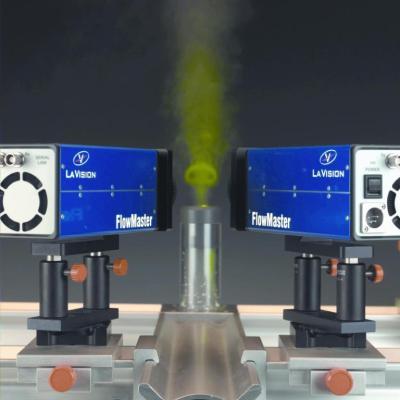
方案详情
文
Fluorescent tracer particles have found a number of uses in
PIV. A light sheet produces flare when it impinges upon an
object within the field of view, preventing particle images
from being obtained and hence preventing velocity
measurements in that locality. An example is shown in
figure 1 where 532nm light is used for excitation and imaging.
Whilst in some situations flare may be minimized by careful
experiment setup, in some applications flare is difficult to
avoid and prevents information from being obtained, e.g. in
boundary layer measurements. A further application has
been explored where fluorescent tracers are used to optically
label one phase or constituent of a flow and thereby enable
simultaneous multi-constituent PIV [1-3].
The general application of fluorescent tracers to gas phase
flow seeding requires sufficient fluorescence emission from
micron sized tracers when imaged over 10’s of mm field of
view. For multi-constituent and multi-phase flows sufficient
chromatic separation is also required between the
illumination and the fluorescence and between the
fluorescence and any wavelengths used for Mie scattering.
方案详情

13" Int. Symp on Appl. Laser Techniques to Fluid Mechanics, Lisbon, Portugal, June 26 - 29, 200613.6 Flare Removal in Gas Phase PIV: Optimization of Fluorescent Tracers Mourad Chennaoui', Ewan J. McGhee’, Catherine E. Towers’, Anita C. Jones, David P. Towers 1: School of Chemistry, The University of Edinburgh, UK, m.chennaoui@sms.ed.ac.uk 2: School of Engineering and Physical Science, Heriot-Watt University, UK, e.j.mcghee@hw.ac.uk 3: School of Mechanical Engineering, The University of Leeds, UK, c.e.towers@leeds.ac.uk 4: School of Chemistry, The University of Edinburgh, UK, a.c.jones@ed.ac.uk 5: School of Mechanical Engineering, The University of Leeds, UK, d.p.towers@leeds.ac.uk Keywords: Fluorescent PIV, Flare Removal, Gas phase flows, Multi-constituent flows 1. Background and Motivation Fluorescent tracer particles have found a number ofuses inPIV. A light sheet produces flare when it impinges upon anobject within the field of view, preventing particle imagesfrom being obtained and hence ppreventing velocitymeasurements in that locality.An example is shown infigure 1 where 532nm light is used for excitation and imaging.Whilst in some situations flare may be minimized by carefulexperiment setup, in some applications flare is difficult toavoid and prevents information from being obtained, e.g. inboundary layer measurements. A further application hasbeen explored where fluorescent tracers are used to opticallylabel one phase or constituent of a flow and thereby enablesimultaneous multi-constituent PIV [1-3]. Fig. 1 Example of image flare with Mie scattering The general application of fluorescent tracers to gas phaseflow seeding requires sufficient fluorescence emission frommicron sized tracers when imaged over 10’s of mm field ofview. For multi-constituent and multi-phase flows sufficientchromatic separation is also) requiredbetween theilluminationand the fluorescenceandbetween thefluorescence and any wavelengths used for Mie scattering. 2. Fluorescent Tracer Selection The use of UV excitation, e.g. tripled Nd:YAG, at 355nm,with ‘blue’fluorescence emission, at ~450nm, has beenselected to remove the excitation and emission wavelengthsfrom the spectral regions conventionally used with PIV.Furthermore, emission at 450nm lies near the centre of the‘blue’imnaagse layer of color CCD cameras.:A series ofsuitable dyes were evaluated for fluorescence yield andlinearity (absence of quenching) at high concentrations.. Thestudy showed that Bis-MSB provides the best performancewhen dissolved in either olive oil, or for higher yield inparaffin oil. The dye was further evaluated using an oil inwater emulsion to simulate the effect of small tracer particles before experimenting with atomized droplets. 3.Experiments and Results The dye was evaluated using a twin cavity pulsed Nd:YAGlaser (Continuum Surelite II-10) with a common externalfrequency tripler. Images were recorded onto a La VisionImager Intense camera. Droplets of paraffin oil wereatomized and the drop size measured as 0.6-1.6um using aninterferometric technique.It was found that satisfactoryimages could be obtained with ~30mJ of 355nm excitationusing a lens F# of 2. An example image is shown in figure2and the vector map from a double pulse image pair is shownin figure 3. Fig.22fluorescence emission at~450 nm from UV(355 nm) excitation Fig.3 vector map obtained from a double pulse image pairof fluorescence images. 1. D P Towers. C E Towers et al. Measurement ScienceTechnology,10 (1999)824-830 2. T Boedec,S Simoens,3Int. Workshop on PIV (1999)139-144 3. G Rottenkolber et al, 3Int. Workshop on PIV (1999)209-216
确定
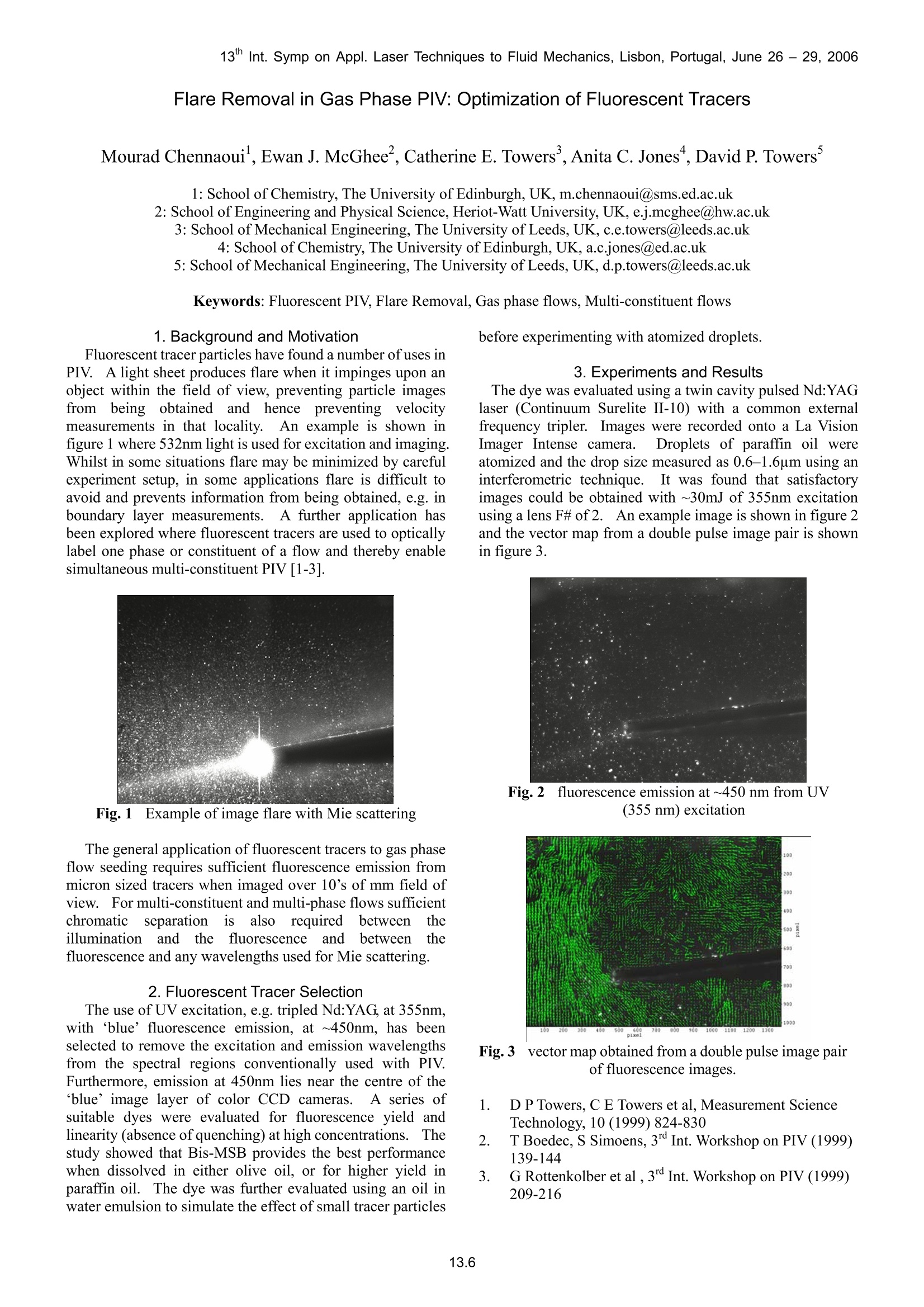
还剩1页未读,是否继续阅读?
北京欧兰科技发展有限公司为您提供《流体中速度场检测方案(粒子图像测速)》,该方案主要用于其他中速度场检测,参考标准--,《流体中速度场检测方案(粒子图像测速)》用到的仪器有德国LaVision PIV/PLIF粒子成像测速场仪、Imager sCMOS PIV相机
推荐专场
相关方案
更多
该厂商其他方案
更多
